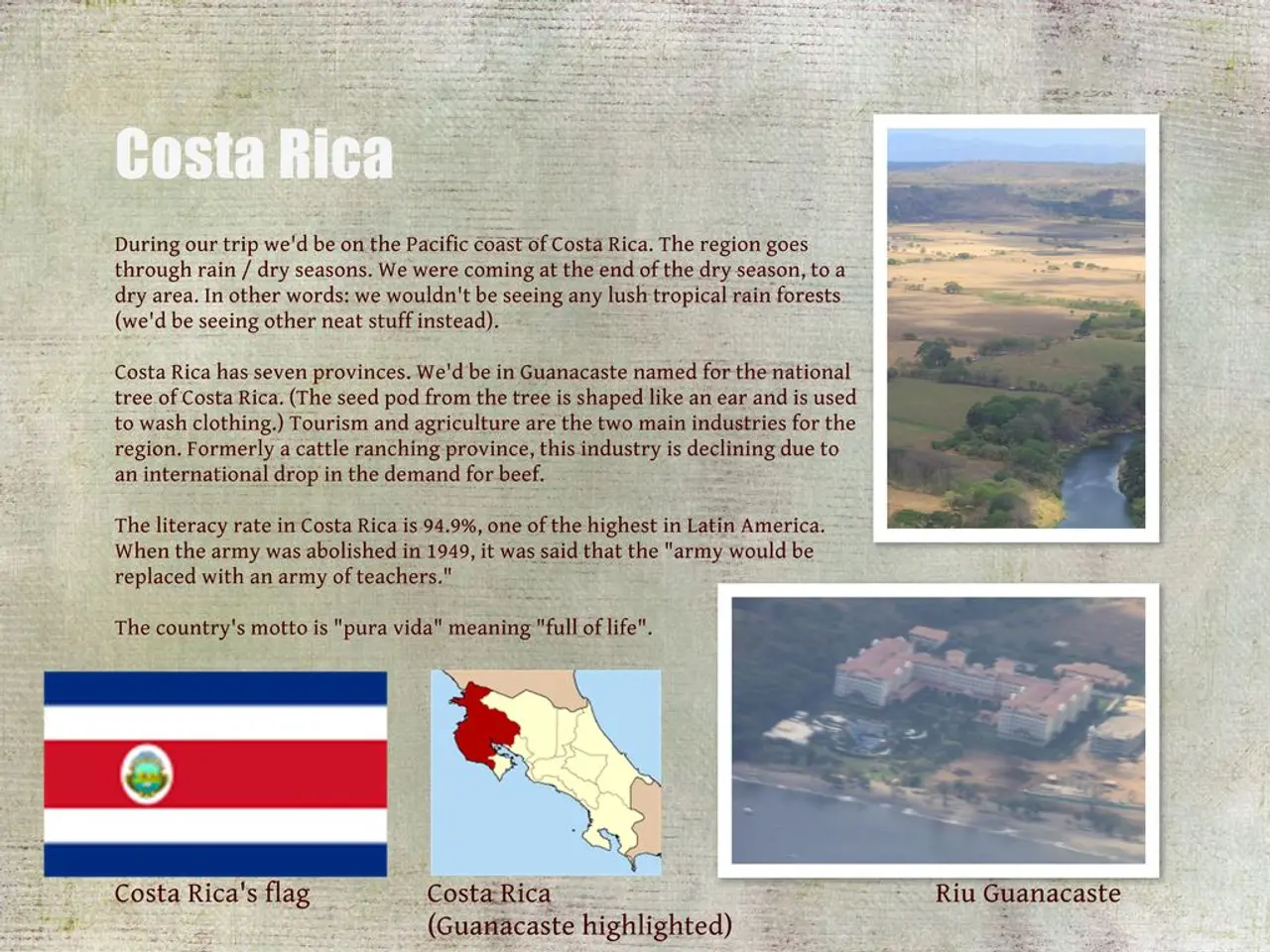Ex-President Uribe sentences to reside under 12-year house confinement in Colombia
In a historic ruling on July 28, 2025, the 44th Criminal Circuit Court in Bogotá convicted former Colombian president Álvaro Uribe of witness tampering and procedural fraud. This marks the first criminal conviction of a former head of state in Colombia's history.
The trial, which has been ongoing since May 2024, has seen more than 90 witnesses testify, with the court ruling that Uribe attempted to bribe imprisoned former paramilitaries to provide false testimony incriminating Senator Iván Cepeda. The aim was to discredit Cepeda's allegations that Uribe had colluded with paramilitary groups responsible for serious human rights abuses.
The case began in 2012 when Uribe accused Cepeda before the Supreme Court of fraudulently linking him to paramilitary organizations. However, in 2018, the Supreme Court dismissed Cepeda's case but simultaneously initiated a criminal investigation into Uribe for coercing witnesses to testify falsely against Cepeda. Uribe resigned from the Senate in 2020 to transfer jurisdiction of his case to the Attorney General's office, an ally of his, in a legal strategy move.
Judge Sandra Liliana Heredia presided over the trial and concluded that Uribe had sought to bribe imprisoned paramilitary Juan Guillermo Monsalve to lie on his behalf. While Uribe was acquitted of attempting to bribe a lawyer to give favorable testimony, the court largely accepted the credibility of multiple former paramilitary witnesses against him, establishing a link to paramilitary violence in the 2000s.
Uribe faces a potential prison sentence of up to 12 years if the conviction is upheld, with sentencing scheduled shortly after the ruling and appeals expected. The conviction arrives ahead of Colombia's 2026 presidential elections, in which several Uribe allies are contenders. The case has polarized Colombian society and politics, with supporters decrying the process as judicial persecution and detractors viewing it as a landmark moment for accountability in a country historically plagued by impunity for abuses linked to paramilitaries.
The trial has significant political implications. Uribe, founder and leader of the right-wing Democratic Center party, maintains substantial influence over conservative politics despite being placed under house arrest in 2020. The conviction is taking place in the context of a shift in political power in Colombia, with the arrival of the country's first left-wing president, Gustavo Petro, in 2022.
Internationally, the legal proceedings drew criticism from US Republican politicians like Senator Marco Rubio, who condemned the ruling as political weaponization of Colombia's judiciary with potential consequences for bilateral relations. Conversely, the verdict is hailed by victims of state and paramilitary violence as a step toward justice.
In summary, the key events include the initial 2012 accusations, the 2018 Supreme Court investigation into Uribe, his 2020 Senate resignation to alter case jurisdiction, and the 2025 conviction for witness tampering and fraud by bribing paramilitary witnesses, with ongoing appeals and profound political reverberations domestically and abroad. The authenticity of the judicial document regarding the conviction was confirmed by a source close to the case.
The historic conviction of former Colombian president Álvaro Uribe for witness tampering and procedural fraud on July 28, 2025, is not only a significant general-news event but also has profound implications for policy-and-legislation and politics in Colombia. The trial, which began in 2012 and has polarized Colombian society, was the first criminal prosecution of a former head of state in Colombia's history and implicates Uribe in paramilitary crimes, a matter of crime-and-justice.





![Direct Sales of Books: Perspectives from Over 500 Writers [2025 Review]](/en/content/images/size/w1280/format/webp/20250802212615_authors-selling-books-directly.jpeg)

